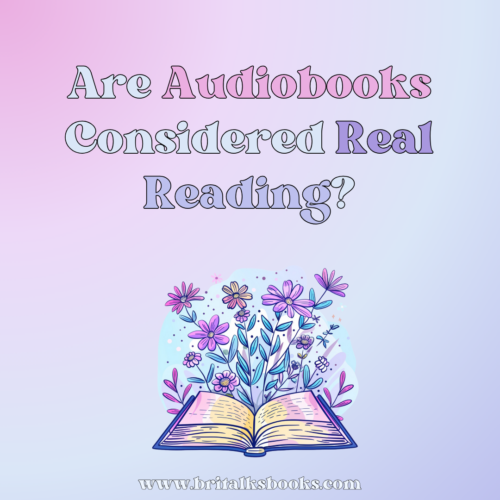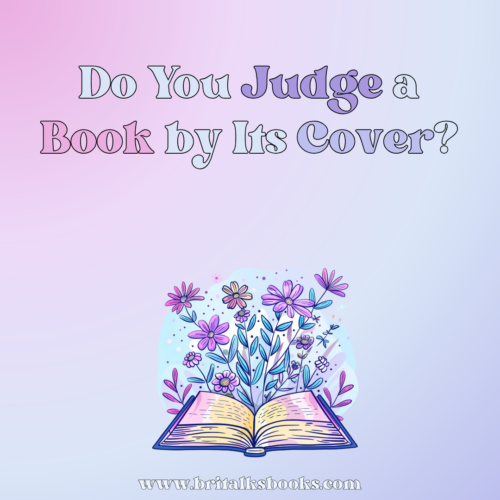As much as we love escaping into the world of books, there are some recurring themes and clichés—often called tropes—that feel tired, overused, and, at times, problematic. While certain tropes can be fun or comforting (hello, enemies-to-lovers!), others perpetuate stereotypes or rely on lazy storytelling. These tropes are not only outdated but can detract from the richness and diversity that modern readers crave.
In this post, we’ll explore some of the most common book tropes that need to disappear or, at the very least, evolve into something fresh.
1. The “Damsel in Distress” Trope
We’ve seen it a thousand times: the helpless, fragile woman who needs to be saved by a strong, usually male, hero. Whether it’s a princess locked in a tower, a woman kidnapped by the villain, or a girl caught in some dangerous predicament, this trope has been a staple in literature for far too long.
While it may have had its place in earlier storytelling, today’s readers are looking for female characters with agency. They don’t need to be saved—they can save themselves or, better yet, they can save others! Reducing women to passive characters who exist only to motivate the male protagonist or to act as a plot device is not only outdated, but it’s also boring. Strong, multi-dimensional female characters are much more compelling, and stories with women who can fight their own battles reflect the reality of what women are capable of in the real world.
What we want instead: Women who are active participants in their own stories. Give us flawed, powerful female characters who take control of their destinies!
2. The Love Triangle
The love triangle is a trope that seems to pop up in every other young adult (YA) novel. It usually involves a girl (or sometimes a guy) torn between two love interests—one who is the “safe” choice and the other who is dangerous or mysterious. While this trope may have created some iconic stories in the past (Twilight, The Hunger Games), it’s become overplayed and often feels forced into the narrative.
The problem with love triangles is that they tend to reduce characters to their romantic interests, sidelining other important aspects of their development. Instead of focusing on their personal growth, characters are often caught up in indecision or drama, which can feel repetitive and shallow. Additionally, this trope often pits characters against each other for the affection of the protagonist, promoting competition over collaboration.
What we want instead: Complex, realistic relationships where characters don’t have to choose between two people. Let’s focus on self-discovery, healthy communication, and relationships that aren’t built around unnecessary drama.
3. The “Token” Diversity Character
Diversity in literature is incredibly important, but the inclusion of a single character from a marginalized group (be it race, sexuality, disability, etc.) just to check a box is not the kind of representation readers want. The “token” character is often underdeveloped, and their identity becomes their only defining feature. They exist solely to be the gay best friend, the wise Black character, or the disabled sidekick, but they rarely have fully realized story arcs or character development.
This trope is problematic because it perpetuates stereotypes and doesn’t give proper depth to underrepresented voices. Tokenism does a disservice to readers from diverse backgrounds, who are seeking authentic representation in the books they read.
What we want instead: Diverse characters who are fully fleshed out, with complex motivations, emotions, and storylines that aren’t solely defined by their identity. Representation should be thoughtful and respectful, not an afterthought.
4. The “I’m Not Like Other Girls” Trope
This trope typically features a female protagonist who distances herself from traditionally feminine traits and other girls, often with an air of superiority. She might be a tomboy, bookish, or “quirky” and is presented as special simply because she isn’t interested in makeup, fashion, or anything traditionally associated with femininity.
While it’s great to celebrate individuality, this trope reinforces the harmful idea that femininity is less valuable and that women need to reject it to be considered unique or desirable. It also promotes a “one-girl-against-the-world” mentality, where other women are dismissed as shallow or unworthy, instead of encouraging female friendships and support.
What we want instead: Female characters who embrace their individuality without putting other women down. Let’s see more books that celebrate all kinds of femininity—whether a character loves sports, makeup, books, or a mix of everything—and encourage sisterhood instead of competition.
5. The “Chosen One” Trope
The “chosen one” trope is another staple of many fantasy and science fiction novels, where the protagonist is “destined” for greatness and must fulfill some ancient prophecy or save the world. While this trope can be exciting, it often removes the sense of personal choice or growth from the protagonist’s journey. The chosen one doesn’t necessarily earn their role—they’re simply born into it.
Moreover, this trope tends to follow a predictable pattern, where the hero is initially reluctant, then accepts their fate, and goes on to defeat the evil force with little room for deviation from the formula. It can also create a sense of inevitability, where the stakes are lowered because we know the protagonist is special and will inevitably succeed.
What we want instead: Heroes who choose their paths and grow through their experiences, rather than being handed their destiny on a silver platter. We want stories where characters become heroes because of their choices, actions, and determination, not because they were “chosen.”
6. The “Brooding Bad Boy” Who Is “Fixed” by Love
This trope has been popular in romance novels for years, where the male love interest is dark, brooding, emotionally unavailable, and often downright toxic. He usually has a troubled past or an internal struggle that makes him treat the protagonist poorly, but she inevitably “fixes” him through her love and patience.
While these stories can be entertaining, they often romanticize unhealthy relationships and suggest that it’s a woman’s job to save a man from himself. This can send a harmful message that toxic behavior is acceptable or that women should stay in damaging relationships because they can change their partner.
What we want instead: Romantic relationships based on mutual respect, communication, and growth. We want to see love stories where both characters support and inspire each other to become better people—without toxic behavior being excused as romantic.
7. The “Instant Love” or “Insta-Love” Trope
Insta-love is a trope where two characters fall in love almost immediately upon meeting, often with very little development or explanation. One moment they lock eyes across the room, and the next, they’re ready to sacrifice everything for each other. While love at first sight can be a fun fantasy, insta-love often feels unrealistic and unsatisfying because it skips the natural progression of a relationship.
This trope can make it difficult for readers to connect with the characters, as their relationship lacks the emotional depth that comes from shared experiences, trust, and growth. Instead of a slow burn or a believable bond, insta-love rushes into a romantic connection without giving readers a chance to fully invest.
What we want instead: Relationships that develop over time, with authentic chemistry, emotional connection, and mutual respect. Let’s see love stories where characters learn about each other, face challenges together, and build a foundation for a lasting relationship.
Conclusion: Time for Fresh Stories
While some of these book tropes have had their moment, it’s time to move on and embrace new, innovative storytelling that reflects the diversity and complexity of real life. Readers are craving fresh narratives that challenge stereotypes, offer authentic representation, and show characters with agency and depth. By moving away from these overused tropes, authors can create stories that resonate more deeply with today’s readers and provide a more enriching literary experience.
What tropes do you think should disappear? Let’s keep the conversation going!


Leave a Reply